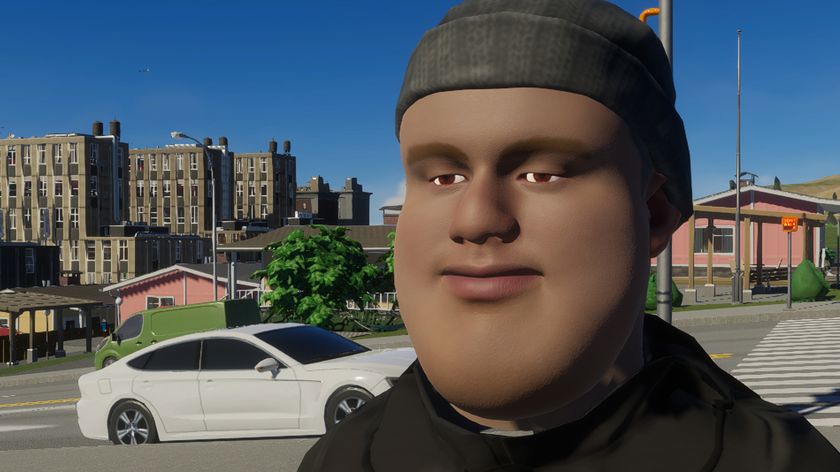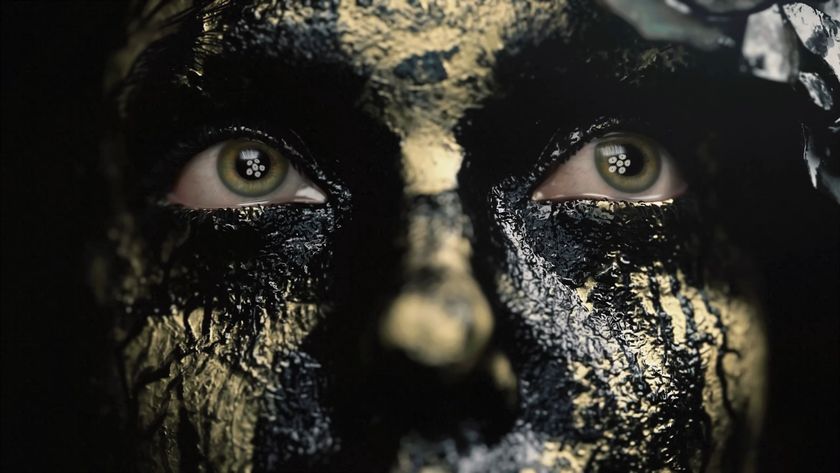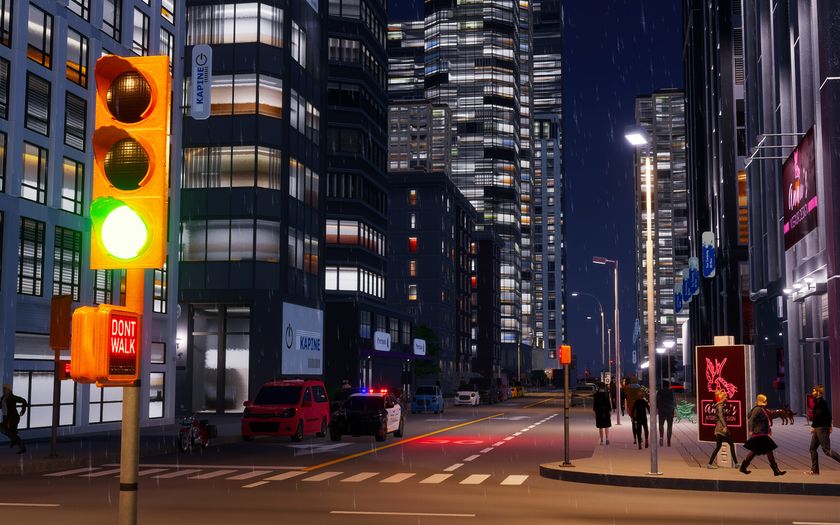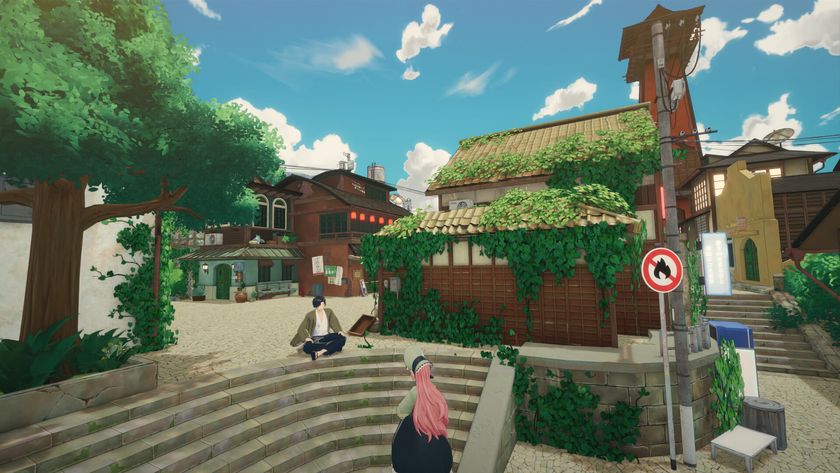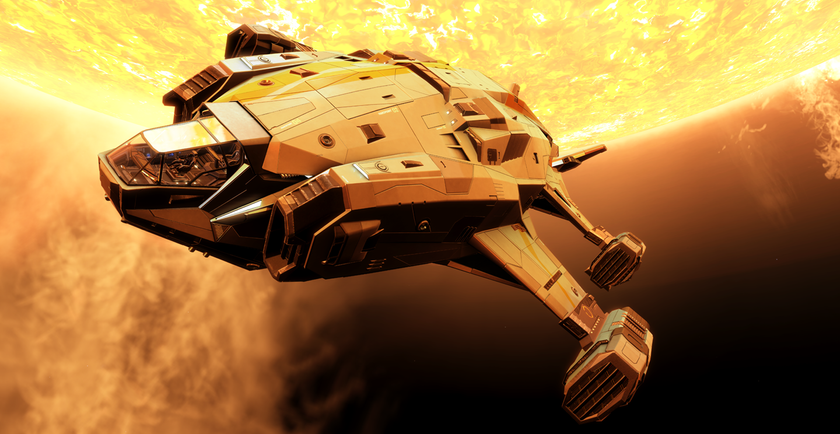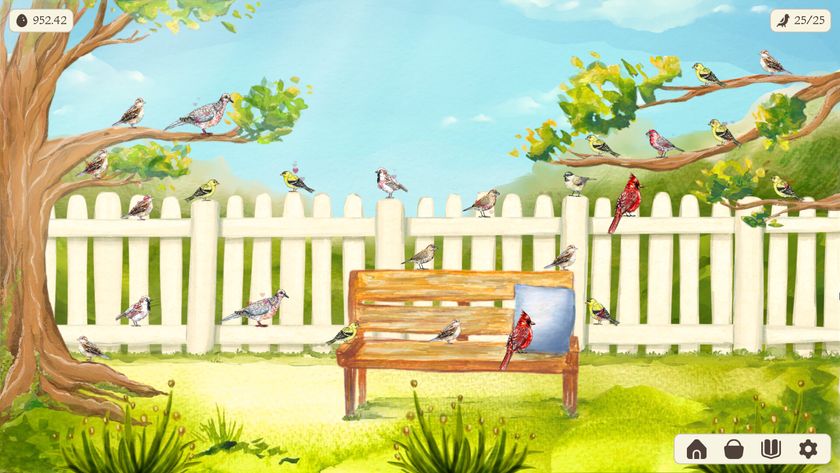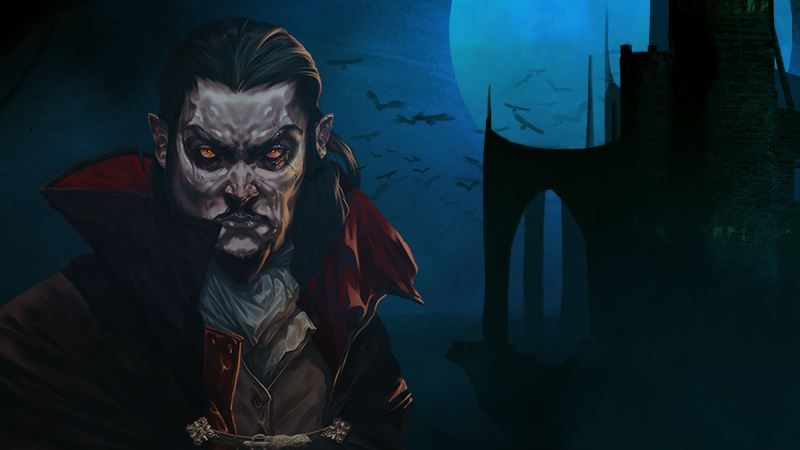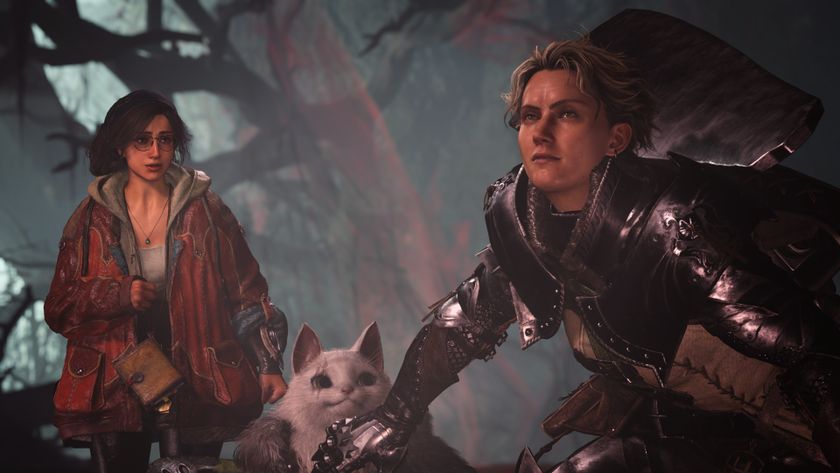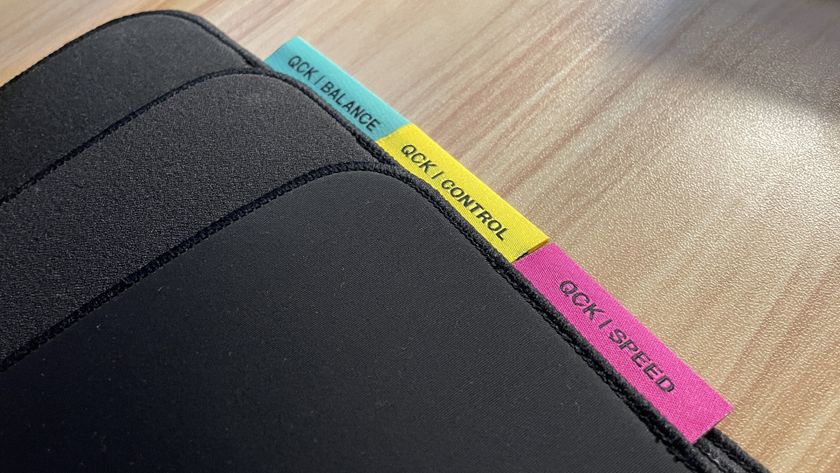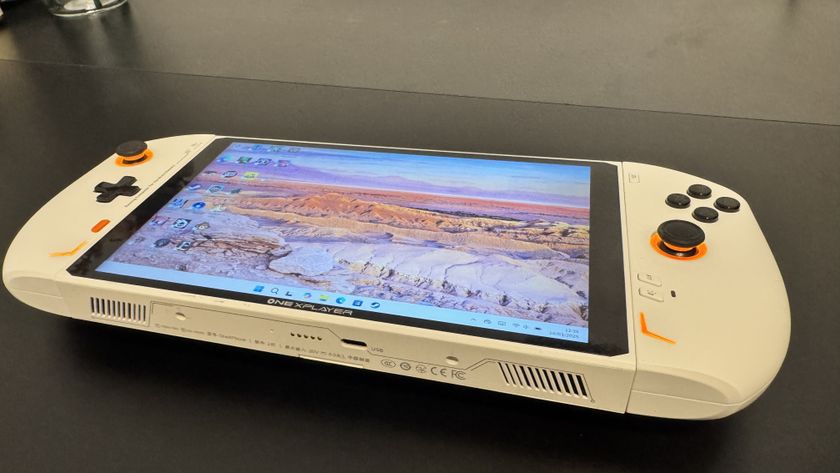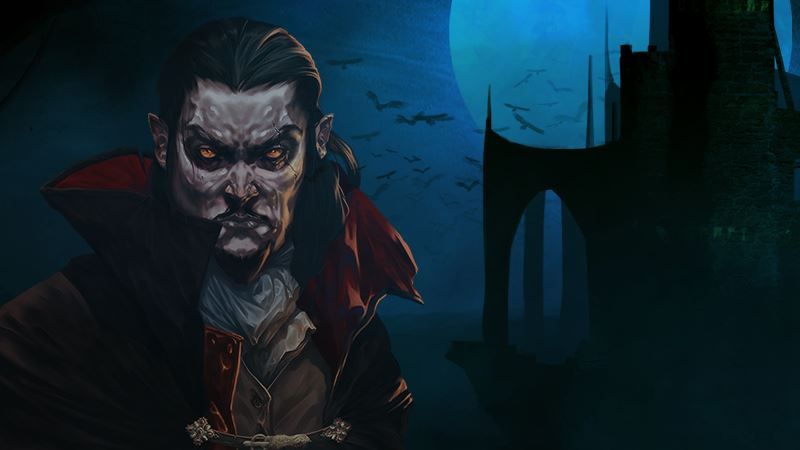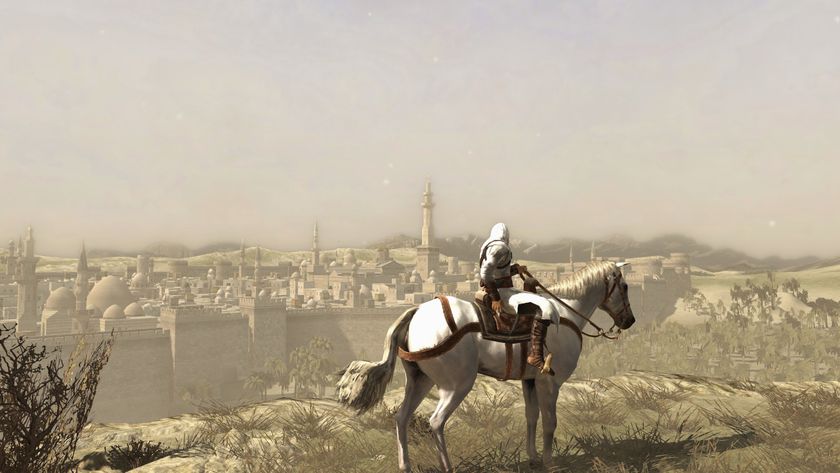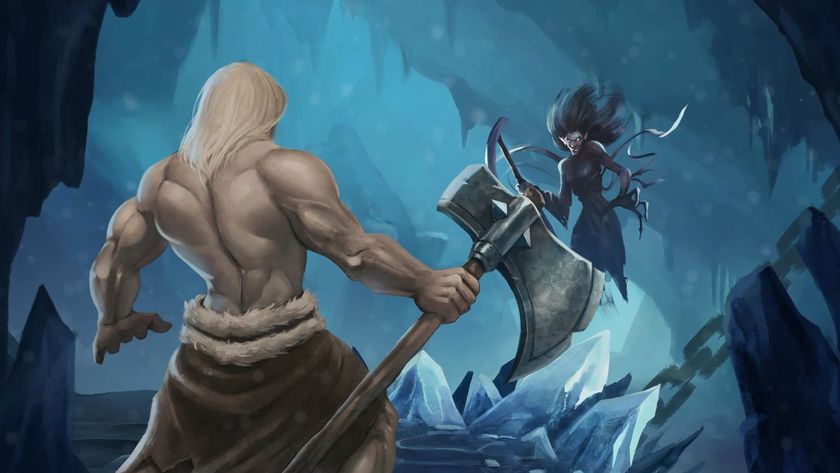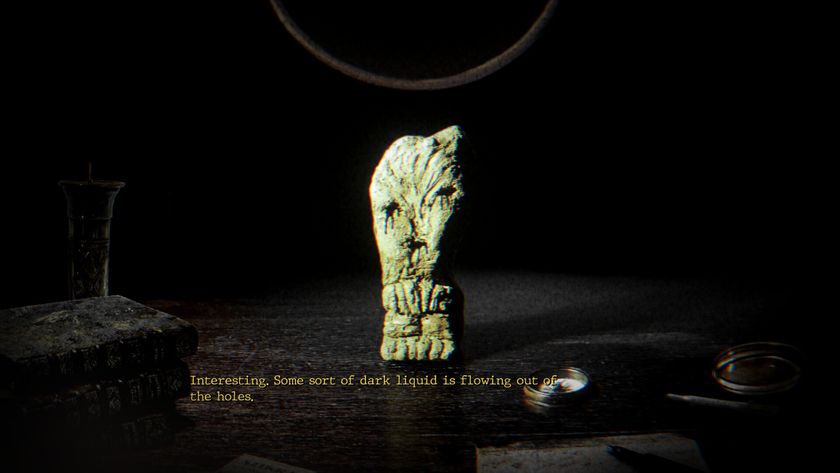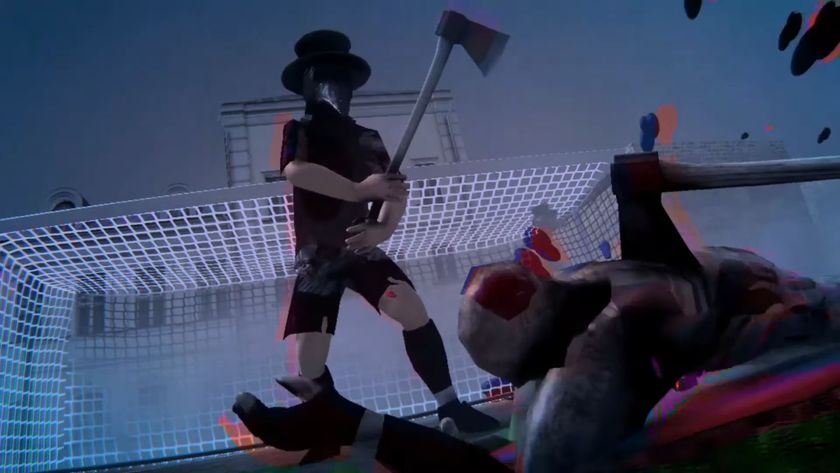Planetary landings are coming to Elite: Dangerous this year
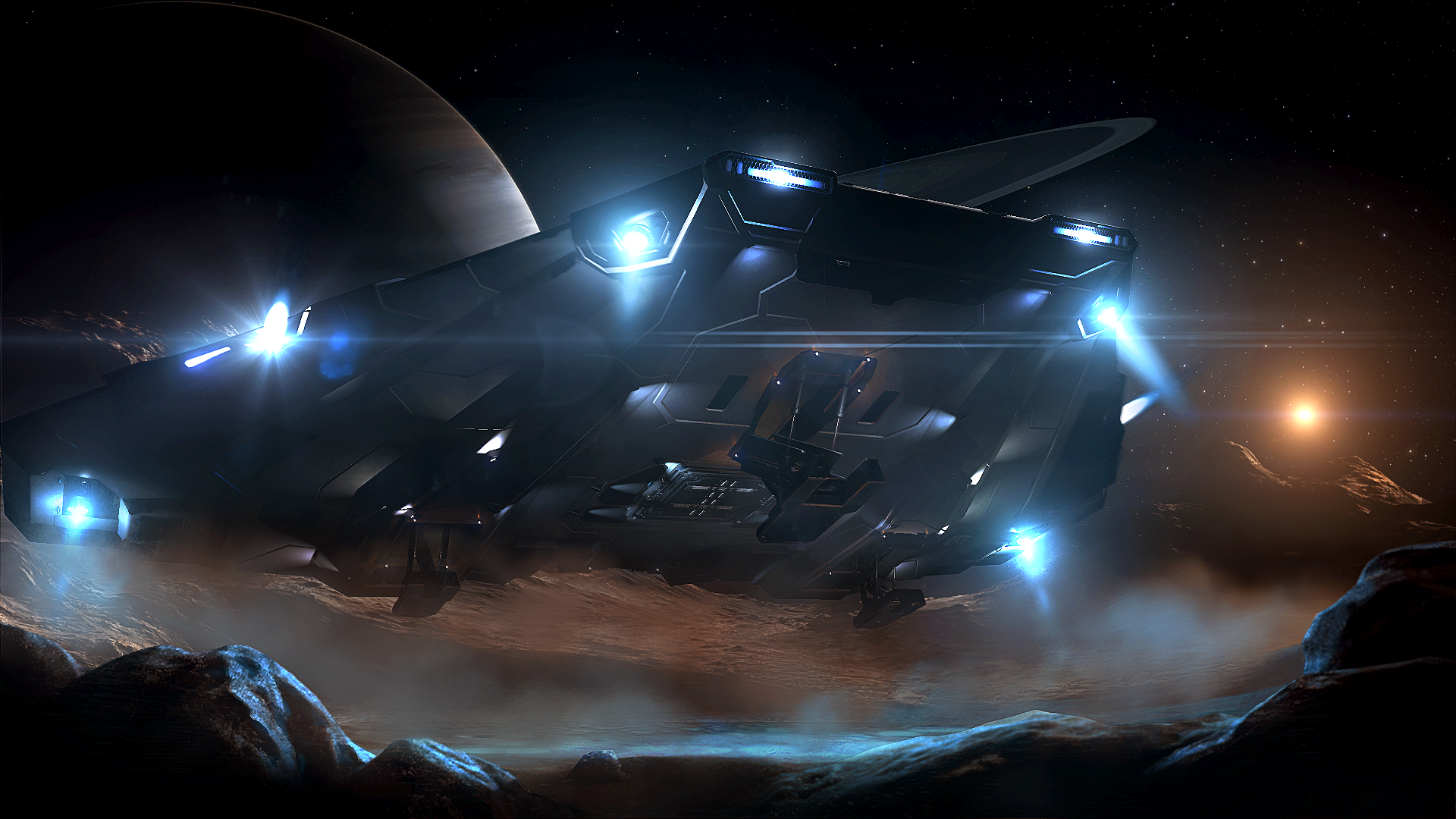
Later this year, landing on planets will finally be possible in Elite: Dangerous. It’s a feature players have been dreaming of since the game was first revealed, and will bring the game’s three pillars—trading, combat, and exploration—to the surfaces of procedurally generated alien worlds. I talked to director David Braben about what Frontier has in store for Horizons, a paid-for ‘premium’ update to Frontier’s superb space sandbox.
“From a design point of view, this has been in the works from the start,” says Braben. “But recently, work on it has gradually ramped up. We’re starting with airless planets and moons to begin with, but Earth-like planets will happen in the future.” Like the galaxy itself, the surfaces of these planets will be created using procedural generation. But that doesn’t mean they’ll be random scatterings of rocks and ice: Frontier’s algorithm uses real science to generate its extraterrestrial landscapes.
“We’re using proper scientific processes, from first principles, in terms of how the solar system was formed,” explains Braben. “You get rocks forming first, when planetesimals stick together, then liquid forming on the surface. We’re not just saying “Let’s have some ice here and some rocks there”—we’re using astrophysics to work out how these worlds really form.” This means that when you explore some planet in a distant system, its surface could be close to its real world equivalent, based on elements like its distance from its star or its size. “It’s all done within the rules of science,” adds Braben. “It’ll be like exploring a real place.”
You’ll traverse these planets using an SRV, or surface recon vehicle, called a Scarab. Think Mass Effect’s Mako, but probably a bit easier to control. Excitingly, you can fly from space to the surface of a planet seamlessly, with no loading breaks. “The SRV has to be fun,” says Braben. “It has to be enjoyable to drive, in the same way the ships are enjoyable to fly.”
I ask Braben for examples of what we’ll actually find out there on these faraway worlds. Surely it’s just a lot of rocks and nothingness? “You need a lot of empty space for exploration to be satisfying,” he says. “The thing that makes exploration worthwhile is, every now and then, finding a gem. On our planets, a little bit of thought will help you find interesting things. On Earth, and other planets, upswells like volcanic eruptions bring things to the surface. So if you find a volcano on a planet, that’ll be a mineral rich area.”
You’ll also find crashed ships, bases that can be attacked, and other things Frontier are keeping secret. The Scarab is equiped with weapons, and organised co-op assaults on space-forts have been hinted at. Players could provide fire support from above in their ships while others assault from the ground in their Scarabs. “The SRVs are much smaller than the ships,” says Braben. “Maybe about the size of a small car. So that makes them hard to hit with big weapons and ideally suited to infiltrating enemy bases.”
Horizons is what Frontier are calling a ‘season’ of updates for Elite: Dangerous. It will cost £40, or £30 for existing players. But they’re keen to stress that support for players who don’t upgrade will continue, and owners of both versions of the game will still share the same connected galaxy—and be able to fly together in the same wings.
The biggest gaming news, reviews and hardware deals
Keep up to date with the most important stories and the best deals, as picked by the PC Gamer team.
Next year there’ll be a second major Horizons update, although they’re keeping the details under wraps for now. They can reveal, however, that the first 2016 expansion will add a new loot and crafting system to the game. “This is the first part of a whole new season of expansions,” says Braben. “In the first season we’ve had Wings, Powerplay, and CQC. They’re named after their headline feature, but there’s always other stuff too: new ships, tweaks, and general balancing. We’ll be continuing this trend in season two.”
I’m one of about a dozen people who loved the Mako exploration in Mass Effect, so I’m pretty excited about Horizons. Braben talked at length about how realistic their procedural generation model is, and how it predicted with near-accuracy what Pluto was like before NASA’s New Horizons probe reported its findings last month. The idea of exploring these planets that are rooted in reality sounds intriguing. However, I can see the high cost of the expansion being divisive, no matter how much content it offers. The official release date for Horizons is ‘this holiday’, so November or December seems likely.
If it’s set in space, Andy will probably write about it. He loves sci-fi, adventure games, taking screenshots, Twin Peaks, weird sims, Alien: Isolation, and anything with a good story.
